National Housing Market Update - April 2022
April 2022 - National Housing Market Update
When I think back over the last decade, I think of a lot of people who were concerned about rising home prices, and whether or not they should purchase a house with prices going the direction that they were going. Let's face it, that's a legitimate concern, especially when a decade ago, the recession was fresh, and we were just coming out of it.
The reality is if you bought your house two, three, four years ago, for a lot of people even one year ago, chances are you have built up a significant amount of equity and have done very, very well for yourself. In fact, I actually have a client who bought a house last year, 2021, realized that it wasn't the location that they wanted to be in and turned around and sold it this year for a really nice profit. My point being that your equity is probably a lot better than what you think it is.
Let's take a look at some of the things influencing our national housing market.
First let's talk about prices. Price is going up, and that's scaring everybody; that's creating that bubble or that crash idea. The reality is the data really doesn't support that idea. Let's look into this and see what's really going on.

Here we have a graph from CoreLogic, and it shows the appreciation year over year by month, going back to January 2021, when we saw 10%. If we take a look at this graph, what we see is that appreciation is continuing to rise. I think one of the first things that we need to look at, if we're talking about the idea of a bubble or a crash, is we need to see it change or shift in that trend of what's happening with appreciation. If appreciation is continuing to rise, we're continuing to gain more and more equity. For things to crash or burst like it did the last time, we'd need to end up with people underwater. So until appreciation shifts, even though it may change market dynamics, I think some of those concerns are a little bit off the table.
Despite stats like this, realtor.com states that 77% of people still believe we're in a housing bubble.
Let's look at three variants that are much different from the last time.
1. Lending. Lending restrictions have become much tighter since 15 years ago when there were really low or no down payment loans, adjustable rate mortgages with huge swings in the interest rate, or people qualifying for loans that quite frankly should not have been qualifying for mortgages in the first place.
With all those things happening, people got into houses that they could not afford or could no longer afford because they shouldn't have been able to pay for them in the first place. And when prices changed and shifted, they were underwater because they didn't have enough built-in equity.
Today, lending restrictions are tighter and buyers are more qualified. In fact, credit scores for the typical buyer is 42 points higher than it was in 2000-2010.
2. Equity. Buyers today have much more equity in their house. In fact, according to Forbes, the average home homeowner has $150,000 of equity in their house - the highest number ever.
I think the bigger change with equity is that, in today's competitive market, it's really difficult to get in with a low down payment. Most of the home buyers that are winning in today's competition have 20% down or at least 10%. They're getting in with built-in equity, which means if the market were to shift, prices were to stagnate or prices were to even drop a little bit, we'd have to have people losing 10 to 20% in value in order to get underwater with their mortgage. And while that's happened in other parts of our country, that hasn't been something that's happened here in Madison.
3. Supply and demand. This is the most basic, simplistic piece of any economics and market discussion. Until we close the gap on the amount of available houses meeting the demand of houses that are needed, it's going to be really difficult to see a shift.
What's happened over the last 15 years is, number one, building has not caught up to the pace of pre-2008 levels, which means we don't have that influx of new construction, spec homes and starter home styles. It exists in a sense, but not at the same level it was 15-20 years ago. The price of materials and the price of land have played into that impact. And quite frankly, a lot of builders are just building higher end homes.
Likewise, the sale of existing homes continues to remain at all time lows. Until we start getting new construction that's a little bit more affordable, or we start getting more existing homes on the market to increase that supply, we're going to have a shortage. And when you have a shortage, what do you have? You have rising prices. We have to close that gap before we start talking about a bubble bursting.
With all the uncertainty out there, news stories and trolls and experts on the internet, it can be really hard to decipher what's actually happening. That's one of the reasons why I absolutely love my team. For those of you that don't know who I am, I used to be a teacher and that heart of a teacher is something that's woven through our team and our philosophy, and it affects all of our conversations with our clients.
If you're trying to decipher what's going on and what's really happening in the market and what's the right decision for you, and you want to hear it straight up with your best interest in mind, give my team a call. We would love to serve you along your journey.
You can get in touch with us at theminterteam.com/contact or message us social. And for more real estate tips, tricks, market updates, and new listings, make sure you follow us on social media. Let's connect soon.
Categories
Recent Posts

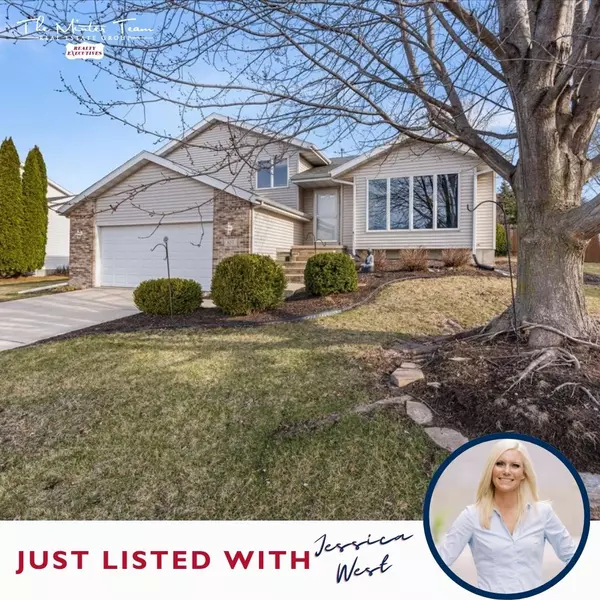
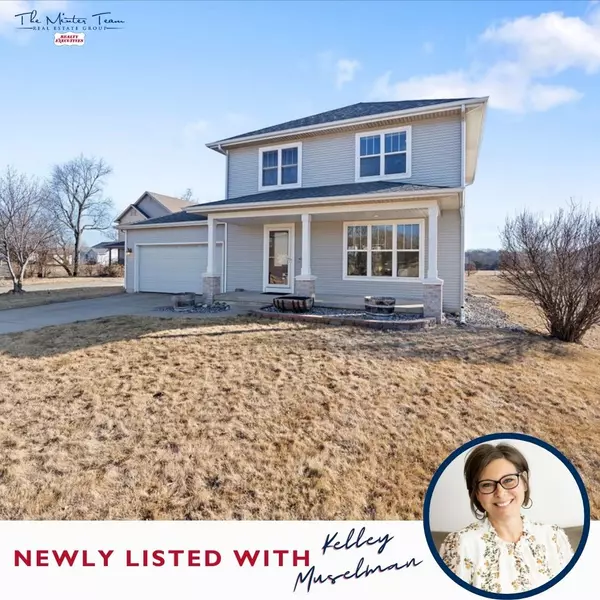

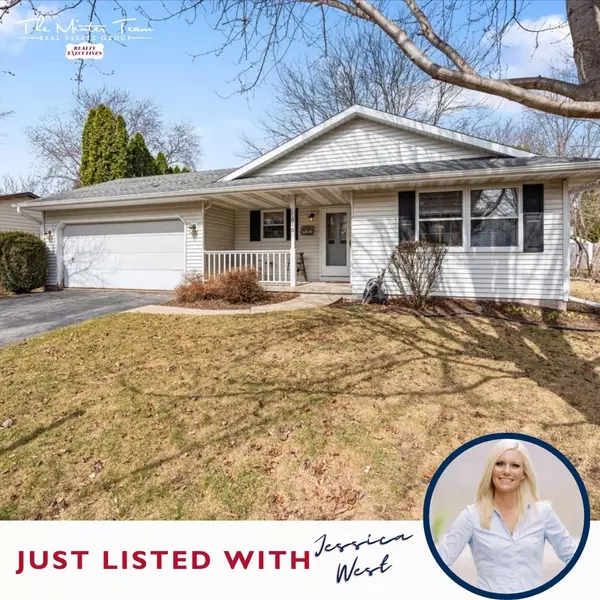

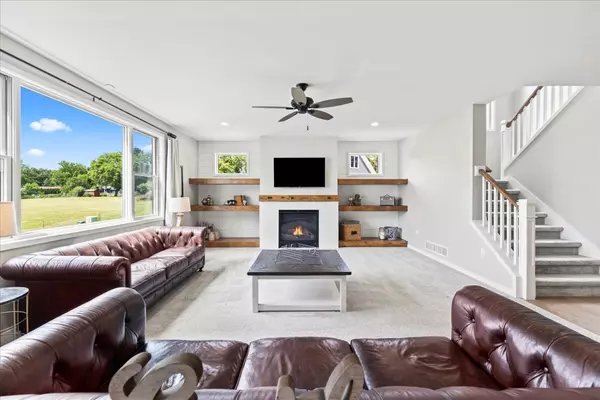
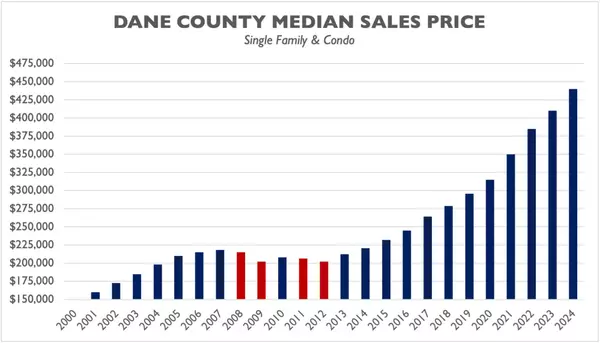
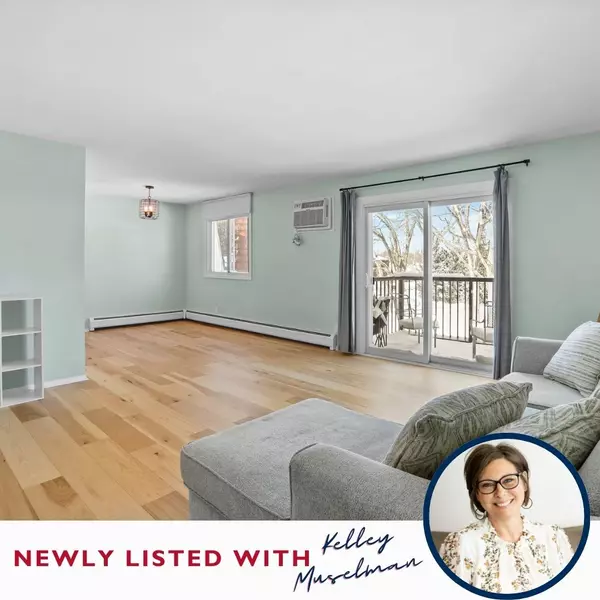
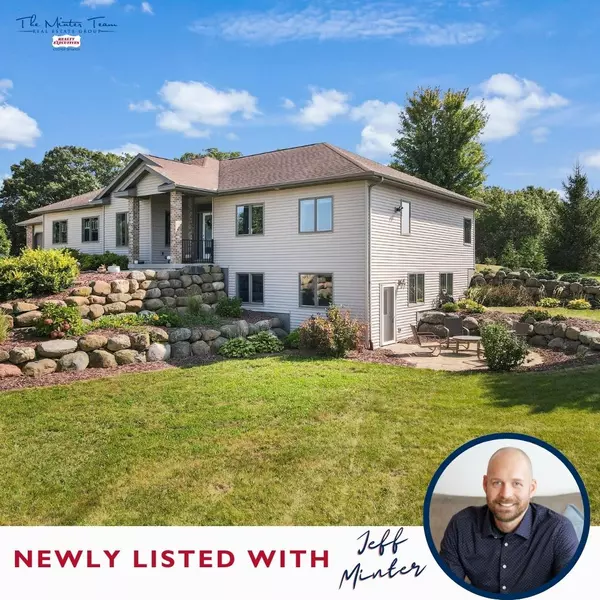
GET MORE INFORMATION

